-
About
- About Listly
- Community & Support
- Howto
- Chrome Extension
- Bookmarklet
- WordPress Plugin
- Listly Premium
- Privacy
- Terms
- DMCA Copyright
- © 2010-2025 Boomy Labs
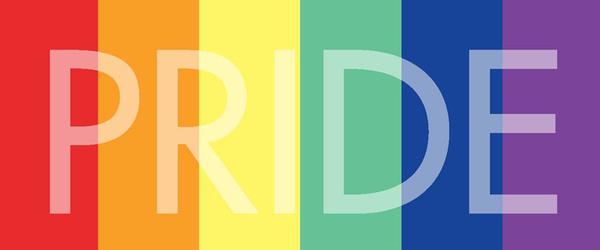

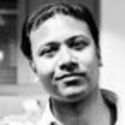 Ashish Gupta
Ashish Gupta
Listly by Ashish Gupta
A list of colleges and universities in USA that are pro-LGBTQ. The seed listing comes from the 25 colleges listed by buzzfeed's ranking on Feb 2014 but is not limited to it.
Campus Pride is a nationally recognized organization dedicated to making campuses more LGBT-friendly. The organization’s annual Campus Pride Index is based on a set of 50 questions that correspond to eight different LGBT-friendly factors.
Source: http://www.buzzfeed.com/clairepires/the-25-best-colleges-and-universities-for-lgbt-students

SOU’s LGBT center lists where every gender-inclusive bathroom is located on campus. The center also hosts several annual events, including a Queer Carnival, an Erotic Poetry Lit Slam, and a Trans Training Workshop.
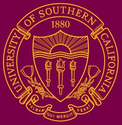
USC’s LGBT center has several groups, including Greek Chat. Greek Chat (est. 2010) is a confidential support group for out, closeted, and questioning students in Fraternities and Sororities. It is facilitated by current and openly gay/lesbian/bisexual members of the Greek community. It is an opportunity to discuss any challenges freely and in a safe environment and rewards being LGBT and Greek.

As part of its LGBT Awareness Month in March, Ithaca’s LGBT center has a National LGBT Health Awareness Week to discuss LGBT health, and it invites several speakers, such as Joy Ladin, the first openly transgender professor at an Orthodox Jewish institution, who spoke last year about her experience being transgender and Jewish.

UIC’s One More Chance Clinic is a community partner organization that hosts weekly discussion groups led by Stephvon “Bo” Cook, MMHC, CADC. The group helps men who have been affected by emotional disturbances, substance abuse, HIV, incarceration and sexuality issues to understand their potential through confidential holistic therapeutic mental and emotional support.
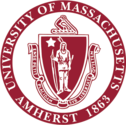
UMass Amherst’s LGBT center developed bulletin boards for RAs to use in their residence halls, including bulletin boards like the “How to Be an Ally,” “Same Sex Families,” and “LGBT Trivia” boards.

UW’s LGBT center has two new support groups this year: the Lavender Circle (where there are discussions of gender identity, gender expression, sexual identity development, and more), and the Trans & Queer Support group, facilitated by two masters of social work students interning at the Q Center.

U of M’s LGBT center has an LGBT International Student Drop-In Center that invites students to stop by and talk with fellow international LGBT students.
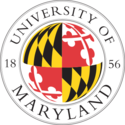
The University of Maryland has a program called “The One Project,” which is an award-winning firsthand experience for LGBT and allied students. It ensures that LGBTQA-identifying first-year students make a successful transition to college.
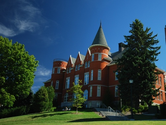
A few years ago, Referendum 74 was up for debate, and WSU students made a video to support marriage equality. Referendum 74 passed at the statewide level and had a majority in Whitman County (where WSU is located), the only county east of the Cascades that had a majority in favor of marriage equality.
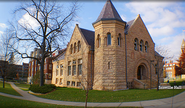
Carleton stages Carleton Monologues, a reading of personal pieces written by Carleton community members and inspired by Eve Ensler’s Vagina Monologues.
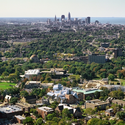
In addition to having a gorgeous LGBT center, Case Western provides transgender-related health care to all of its students as part of their student health care plan. The center also offers an LGBT-related academic opportunity: a short-term, study-abroad course in Amsterdam this spring break called “Gender & Sexuality Justice: LGBT Life in the Netherlands,” which is being offered through the School of Social Work.
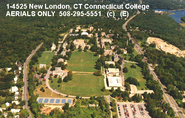
The school’s LGBT center has several faculty and staff workshops throughout the year. Their most recent workshops include “The Transgender Friendly Classroom,” “How to Be an Ally to Trans* Students,” and “Best Policies for an LGBTQ Friendly Campus.”
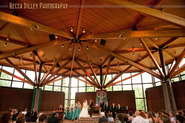
All single-stall restrooms on campus were converted to all-gender restrooms.
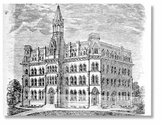
Oberlin’s LGBT center has an annual speaker series called My Name Is My Own: Queering the Intersections of Race, Gender, Class, and Sexuality, which provides institutional support to Oberlin communities that identify as queer and of color in the broadest senses of those words. It features public lectures, film screenings, artistic and activist performances, workshops, and small discussion groups.
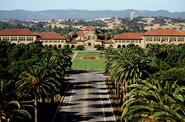
Stanford has a Trans Support Group, and an open-mic night called “Open Dyke Night.”
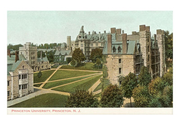
A new program this year is Active Allyship: An Educational Workshop Series, an educational series focused on how to develop tools to be a better ally. Other annual programs the school offers include Queering the Color Line Family Dinners, Bisexual Day Celebration, Hey Mom, I’m Gay!: Coming Out to Family & Friends, and the LGBT International Students Dinner.
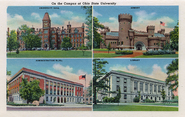
OSU has a meeting for freshman and transfer students who are coming out, called the LGBTQ First Year Cohort, which meets every Monday night. This program exists to build community and engage lesbian, gay, bisexual, transgender, questioning, and queer students in social, support, and educational experiences. Student leaders help to facilitate each session, plan social outings, coordinate small group discussions, and serve as mentors to group participants.
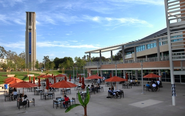
Since 1998, UC Riverside has hosted Tuesday Talks, a unique discussion every Tuesday night that covers various topics — including nights called Fluidity, GRRL Talk, Guy Talk, Let’s Talk About Sex!, and QPOC, for queer people of color.

UC Santa Cruz provides a list of religious organizations that accept all identities.
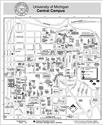
UM’s My Voice Program provides panels that feature trained LGBTQA and similarly identified speakers to share their personal stories with audiences. The panels, the oldest and most popular of its educational programs, provide information about LGBTQ issues with a personal touch.

University of Minnesota has an LGBT AA support group that meets every Friday; a student can request to live with someone who is gay, lesbian, bisexual, transgender, or an ally; and the center will get a student acquainted with the center before arriving.
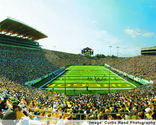
University of Oregon’s Standing Committee for LGBT Concerns was officially organized in 1990 as the President’s Committee on Lesbian and Gay Issues. As part of the 1991 Campus Climate Assessment, several recommendations were made to the UO administration to improve the campus climate for lesbian and gay people. Since that time, the committee has grown in both membership and scope and continues to serve the campus community as the school creates a more welcoming and supportive experience for LGBTQ people at the University of Oregon.
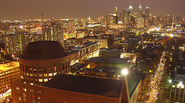
Every Wednesday, PennAces meets — a student organization that promotes awareness, education, and safety for the asexual community in Philadelphia. Its goals are to provide a safe space for the asexual community, promote asexual inclusivity in LGBT spaces, and educate mainstream America about the complexities of not simply whom someone is attracted to, but to what degree sexual attraction plays in our lives.
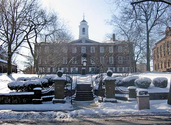
For three months in the spring, on the last Friday of the month, Rutgers holds a Safe ® Space Training three-hour training session that provides a foundation of knowledge necessary to be a more effective ally and advocate for LGBTQ students and those questioning their sexuality.
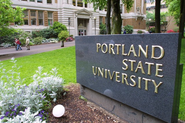
At the beginning of every semester, PSU’s Transgender and Interpersonal Violence Resources coordinator will email professors to advise them of a student’s chosen name and pronoun along with a way to contact the center with questions.

Ashish has several years of experience working with content. He is a technical communicator and a community builder by profession; UX advocate and a quality champion by nature; and a Chemical engineer from IIT Bombay by academic qualification.
In his spare time he likes to spoil his son silly, test workflows, identify usability enhancements and new features in software that he uses, and indulge in the online communities. Other interests areas in which Ashish dabbles are Instructional content, eLearning, social media, SEO, project management, life skills, watching soccer, fantasize about running long marathons some day, and occasionally trekking in the Himalayas.